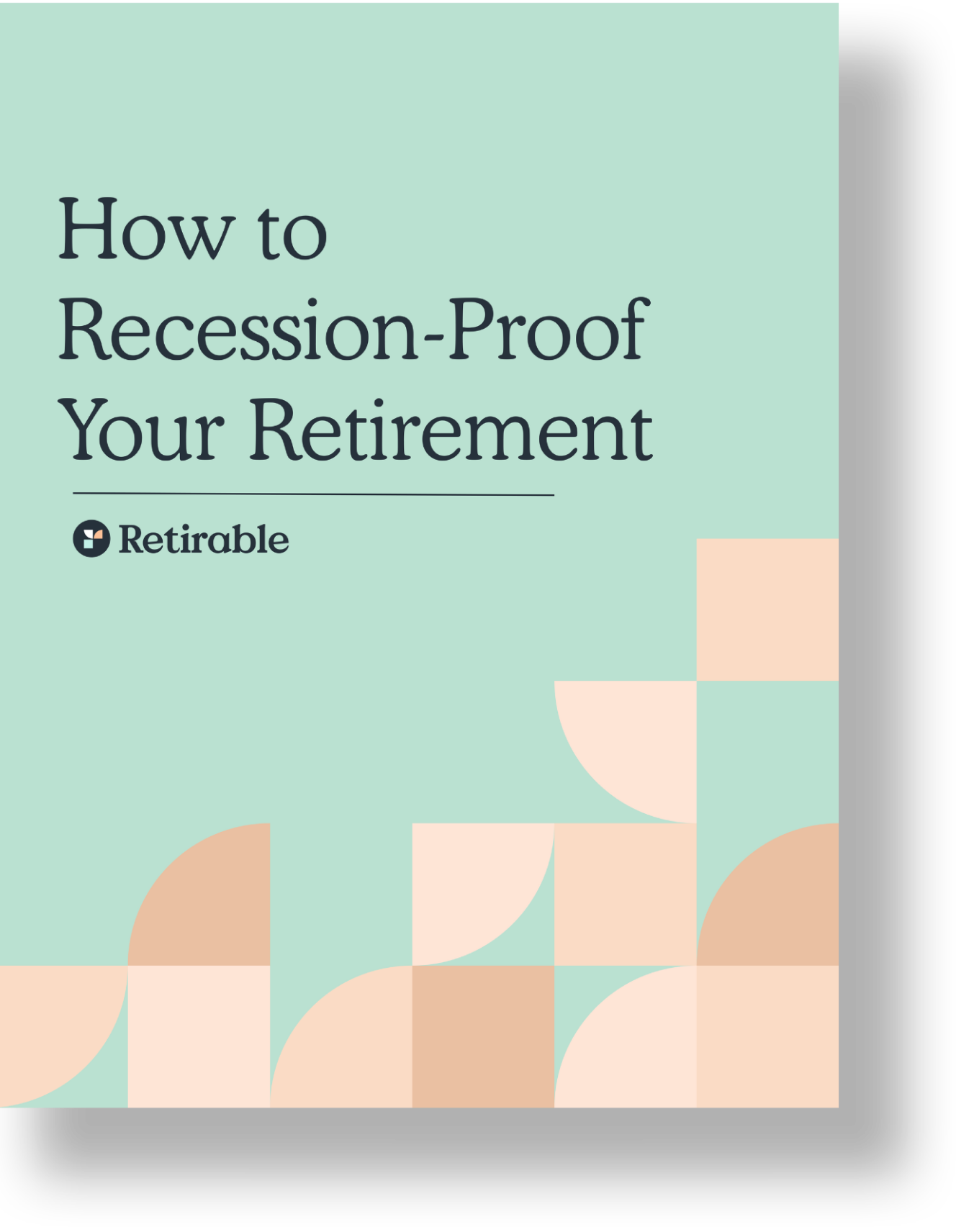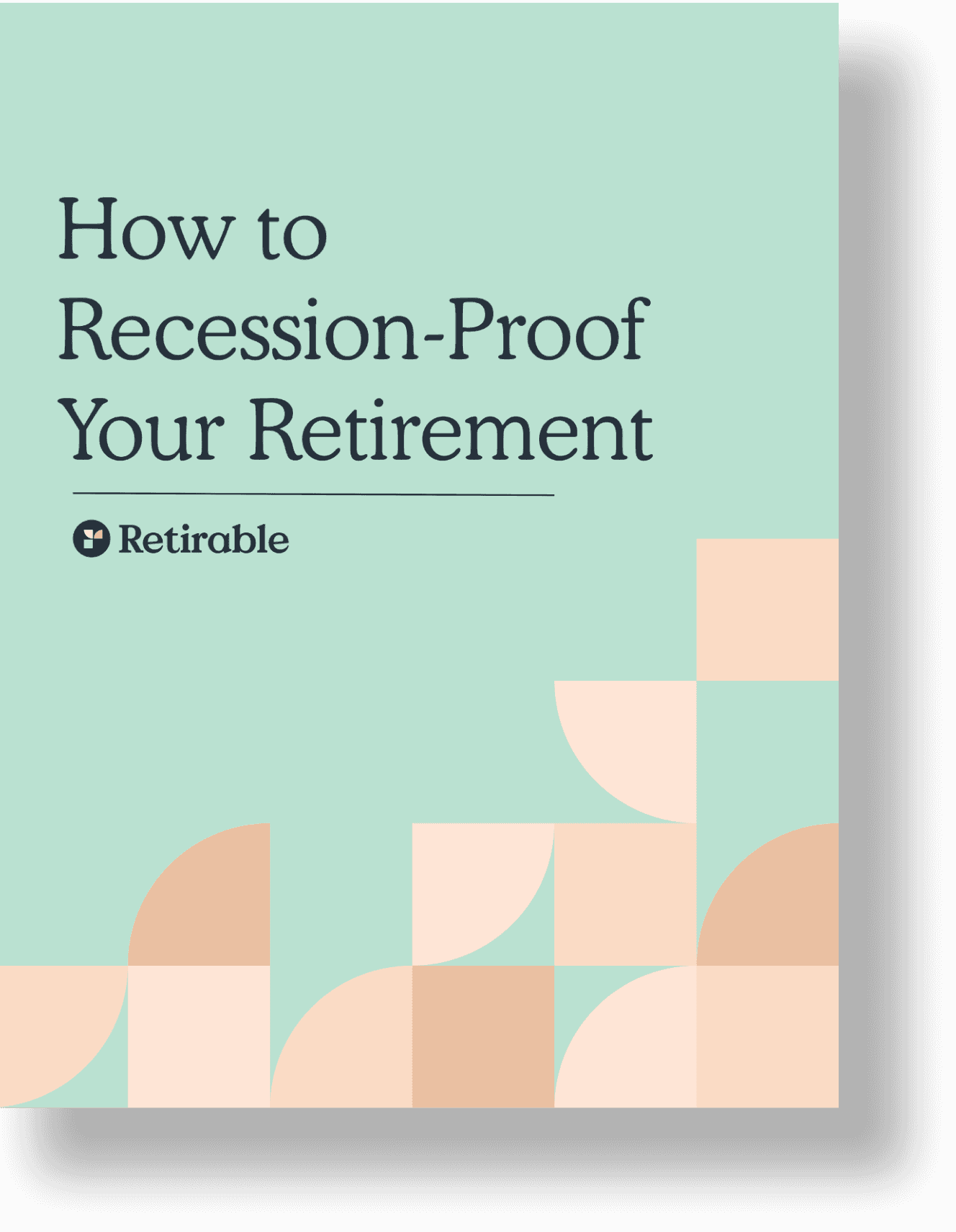Retirement Accounts
It’s not enough for a financial advisor to have a lot of followers on Instagram or be recommended by your co-worker. The advisor you hire to manage your assets should be a great fit for you, based on your long and short-term goals, investment philosophy, and desired accreditation. Ask these six questions when interviewing financial advisors to ensure you make a perfect match.

C.E Larusso
•
Published January 18th, 2023
Key Takeaways
Decide what you need to get from your financial advisor before you start looking for one.
Financial advisors can hold a range of accreditations—make sure to understand the difference between a CFP® and a CPA.
Fee-based advisors can earn a commission on products they sell you, this could cause a conflict of interest.
Make sure you and your advisor share the same investment philosophy.
It’s not enough for a financial advisor to have a lot of followers on Instagram or be recommended by your co-worker. The advisor you hire to manage your assets should be a great fit for you, based on your long and short-term goals, investment philosophy, and desired accreditation. Ask these six questions when interviewing financial advisors to ensure you make a perfect match.
Choosing a Financial Advisor
Having an experienced, educated financial advisor can help you manage your money to better save and spend, but choosing one can be a huge undertaking. Before you start looking into professionals and services, check in with yourself: what area or areas of your finances do you need help with? Are you planning for retirement, or looking to save money for your children’s college fund? Do you need help paying off debt? Understanding what kind of assistance you need will help you narrow the pool and choose an advisor best-suited to you.
Robo-advisors
Robo-advisors are low-cost, automated investment services. They are typically marketed towards those looking for long-term goals, such as retirement, and who have pretty basic financial needs. These advisors target diversified portfolios of exchange traded funds (EFTs), and typically charge a low percentage-based fee (starting at 0.25%), based on your account balance.
In-Person Advisors
There are many kinds of in-person advisors out there, ranging from Certified Financial Planners and chartered financial consultants (ChFCs), who have knowledge about a range of financial situations and assets, to more specialized advisors, such as portfolio or investment advisors.
Financial Coach and General Knowledge
Financial coaches are focused on teaching the ABCs of financial literacy, helping clients to save money (to invest later), reduce spending, or pay off debt.
Questions to Ask a Financial Advisor
Once you have found a financial advisor that seems to match your needs, it’s important to ask them a few questions to discover if they truly are the best fit for you. And if they aren’t? Move on to the next one.
1. Are you a fiduciary?
Advisors who are fiduciaries must always act in your best interest, rather than their own. They are not allowed to receive commissions on any products they recommend to you, which ensures that there is no conflict of interest.
All Certified Financial Planners (CFP®) are fiduciaries, as are most—but not all—registered investment advisors. Even with these professional titles, you should always ask to confirm.
2. What are your qualifications?
Financial advisors can earn a number of certifications. Some have undertaken broad education and experience (and passed a rigorous test) to be considered Certified Financial Planners, while others specialize in taxes, and might be CPAs—Certified Public Accountants. Ask your financial advisor what certifications they hold, how long they have been working, if they specialize in any area, and how they continue to deepen their education. You can verify certifications using FINRA’s BrokerCheck search tool.
You should also ask what their typical client looks like to see if they’re a good match for your particular situation. You may have very specific needs—e.g. you just came into a large inheritance—and want to be assured they have worked with similar situations and landed with a positive outcome.
3. How will our relationship work?
You should be able to get in touch with your financial advisor regularly, so it’s important to establish communication expectations up front. Ask if they prefer to communicate via email, phone calls, or text messages, and the frequency with which they like to meet. You should also ask about their typical working hours, and if you can contact them outside of regularly scheduled meetings.
Follow up by learning who else is on the team, and the role they play at the firm. Finally, be sure to ask what happens when your advisor is unavailable for any reason (illness, vacation, etc.); who can you talk to in their absence? Finally, see if there are any online tools or apps you can use to track your portfolio on your own.
4. What is your investment philosophy?
If investing ethically is important to you, it should also be important to your financial advisor. Talk to your advisor about what kinds of investments you’d like to see in your portfolio. If you’d like to focus on alternative energy sources, for instance, instead of fossil fuels, note that.
It’s also important to discuss how they plan to diversify your allocations and how they assess risk tolerance with regards to their mapped diversification strategy. Do they ever push clients to take on more risk? If that’s something you’re not comfortable with, they might not be a good fit for you.
5. What are my costs for your services?
Advisor fees are usually fee-based or fee-only. Fee-based planners work off commissions, and therefore may be incentivized to suggest a product that they might receive a bonus from. Fee-only planners are paid solely for their time, experience, and work.
Ask about the pricing structure—do they expect to be paid hourly, with a flat rate by project, or off a percentage of the assets under management? Make sure their pricing structure makes sense to you and is one you can afford.
Finally, see if they offer additional services, whether included or for an add-on fee. Some of these services might include advice on insurance (home, life, auto), taxes, college savings, and debt repayment plans.
6. How do we measure success?
It’s likely your advisor will advise on both a short-term and long-term strategy, so they should be clear about benchmarks they’d like to see along the journey. When do they expect these benchmarks to be met, and what’s the overall path to achieving them?
Some advisors use a “straw-man benchmark”—the goal being to beat the Standard & Poor 500. But if your portfolio is diversified and goes outside of large-cap companies in the U.S., that could be a bad benchmark to use. Request that your advisor explain their benchmarks and their philosophy behind them, and see how often they will provide reports to track progress.
Final Thoughts
Hiring a financial advisor is a big deal. This professional will become a part of your life, learning about your retirement goals and plans for the future, as well as seeing all your anxieties (and other emotions!) that you have about money. Take your time choosing one that will be a great fit for you, your family, your lifestyle, and your planned retirement.
Not sure where to begin? Sign up for a free consultation with one of Retirable’s dedicated advisors—all of whom are fiduciaries.
Share this advice

A professional content writer, C.E. Larusso has written about all things home, finance, family, and wellness for a variety of publications, including Angi, HomeLight, Noodle, and Mimi. She is based in Los Angeles.
Share this advice

A professional content writer, C.E. Larusso has written about all things home, finance, family, and wellness for a variety of publications, including Angi, HomeLight, Noodle, and Mimi. She is based in Los Angeles.
Recession-Proof Your Retirement
Download our guide to help safeguard your retirement from economic shifts.




